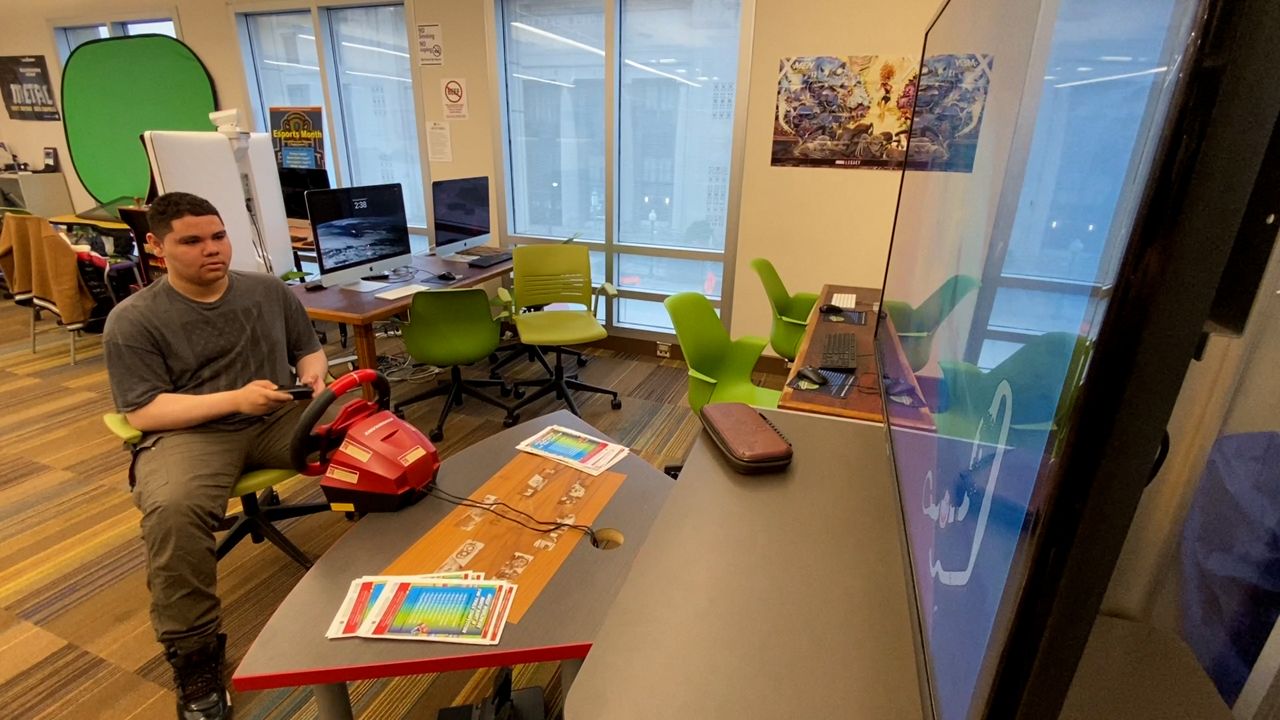ROCHESTER, N.Y. — A significant announcement coming from the University of Rochester Medical Center on Wednesday that researchers there say could impact millions of people suffering from heart failure around the world.
“This is a proud moment for the university and our heart research team,” said URMC Clinical Cardiovascular Research Institute Director Dr. Ilian Goldenberg talking about the $27 million award the University of Rochester Medical Center has just received.
This comes four months after it was awarded another $27 million. The funding for research efforts aimed at improving the lives of those suffering from heart failure.
“Securing $54 million for heart research is a testament to our institution’s strength and expertise,” said Goldenberg.
The groundbreaking funding comes from the Patient-Centered Outcomes Research Institute (PCORI). URMC says it’s an independent, nonprofit organization supporting evidence-based research that will help doctors and patients make better informed health care decisions.
“This study will be at 100 medical centers across the country and there’s been a great outpouring of interest from medical centers asking us to participate in this study because it is a very relevant question,” said Dr. Mehmet Aktas, URMC’s principal investigator on the study.
The question aimed to be answered, which of the two beta-blockers given to more than 90% of patients with heart failure is best to improve outcomes?
It is the first study of its kind and will include 2,000 patients over the next five years.
The funding supports a companion study to learn about implantable defibrillators – received each year by about 150,000 people.
“In that project, we’re investigating whether advances in medical therapy can help reduce the use of these implantable defibrillators in patients with heart failure,” said URMC Director of Electrophysiology Dr. David Huang.
“Each and every individual working in cardiac care are addressing real-world health problems by improving our understanding of both the health as well as the disease that impacts our communities,” said URMC Chief of Cardiology Dr. Spencer Rosero.
The researchers say it should take about six-to-seven years for definitive results, but it’s expected those results will make a global impact.
“There is a global support for this study and everybody knows that once those studies are completed, we’re going to change, again, guidelines for the management of sudden cardiac death and heart failure," Goldenberg said.
The team says about 6 million people in the United States are living with heart failure.








